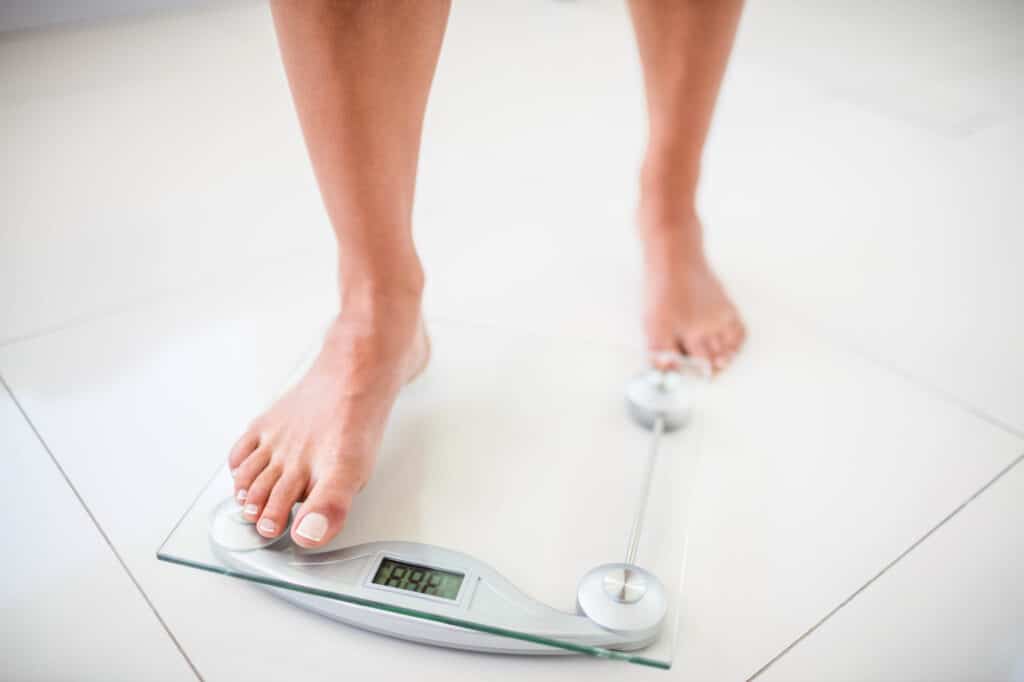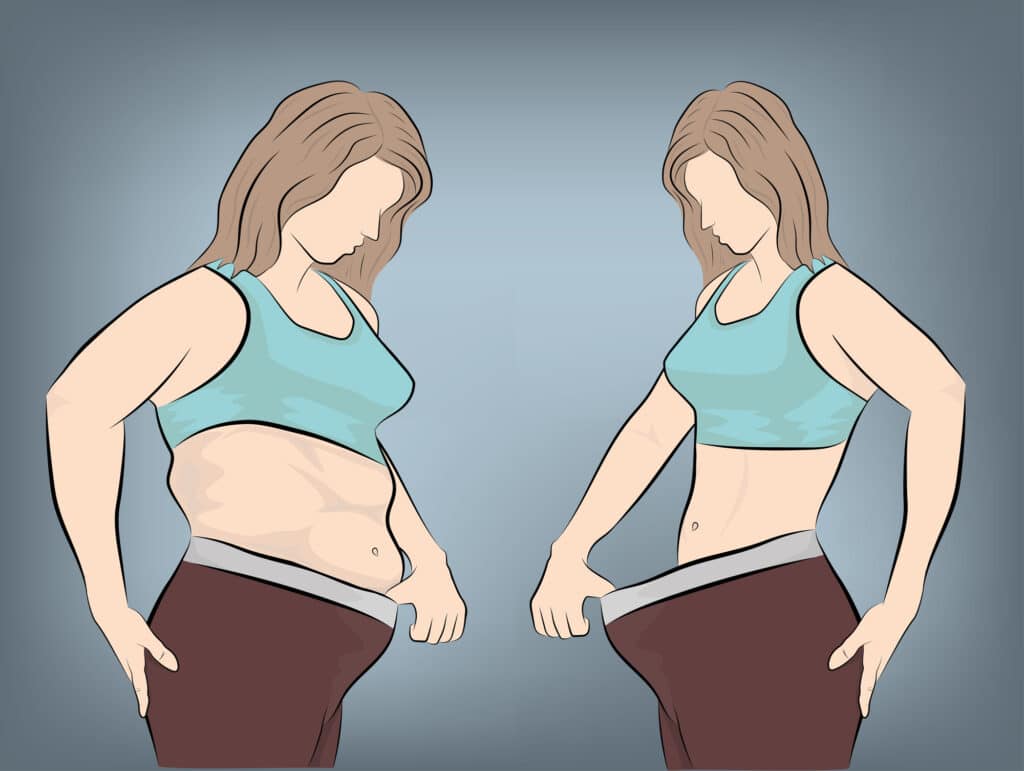Limited time offer!
JULY SALE, use code "JULY10" to get 10% OFF
 Something to consider when observing your menopausal weight gain is your genetics. It is more likely that if your mother and or grandmother carries extra weight in their midsection that it can happen to you as well. Along with many symptoms and even timing of menopause, you can reflect on your mother to see how it may align for you. If you notice that your genetics may make it harder to keep off the weight then you will want to be cautious with your eating habits and lifestyle. Getting proper sleep and exercise is vital to maintain menopause weight.
Something to consider when observing your menopausal weight gain is your genetics. It is more likely that if your mother and or grandmother carries extra weight in their midsection that it can happen to you as well. Along with many symptoms and even timing of menopause, you can reflect on your mother to see how it may align for you. If you notice that your genetics may make it harder to keep off the weight then you will want to be cautious with your eating habits and lifestyle. Getting proper sleep and exercise is vital to maintain menopause weight.
 Here are a few tips on how to lose menopausal weight gain. Menopause and weight gain generally go hand in hand, so is how you can manage a healthy weight before, during and after menopause. Use these tools to come up with a healthy menopause diet plan.
Here are a few tips on how to lose menopausal weight gain. Menopause and weight gain generally go hand in hand, so is how you can manage a healthy weight before, during and after menopause. Use these tools to come up with a healthy menopause diet plan.
 What is the best diet for menopause?
What is the best diet for menopause?
 Following our menopause diet plan will get you on the right track to avoiding menopause weight gain and rather may help with menopause weight loss. Menopause is already a very stressful time to adjust to these changes that life is throwing at you. Menopausal symptoms can be already a lot for women to deal with, so practicing these ways to manage your weight can help take some stress off of you. Remember that practicing healthy lifestyle habits like getting a night of restful sleep, eating healthy, managing calories and staying active. The more active you are the less likely you’ll experience menopause weight gain and actually alleviate any symptoms that you may have been experiencing.
Following our menopause diet plan will get you on the right track to avoiding menopause weight gain and rather may help with menopause weight loss. Menopause is already a very stressful time to adjust to these changes that life is throwing at you. Menopausal symptoms can be already a lot for women to deal with, so practicing these ways to manage your weight can help take some stress off of you. Remember that practicing healthy lifestyle habits like getting a night of restful sleep, eating healthy, managing calories and staying active. The more active you are the less likely you’ll experience menopause weight gain and actually alleviate any symptoms that you may have been experiencing.